Controversies about Nazrul’s tunes
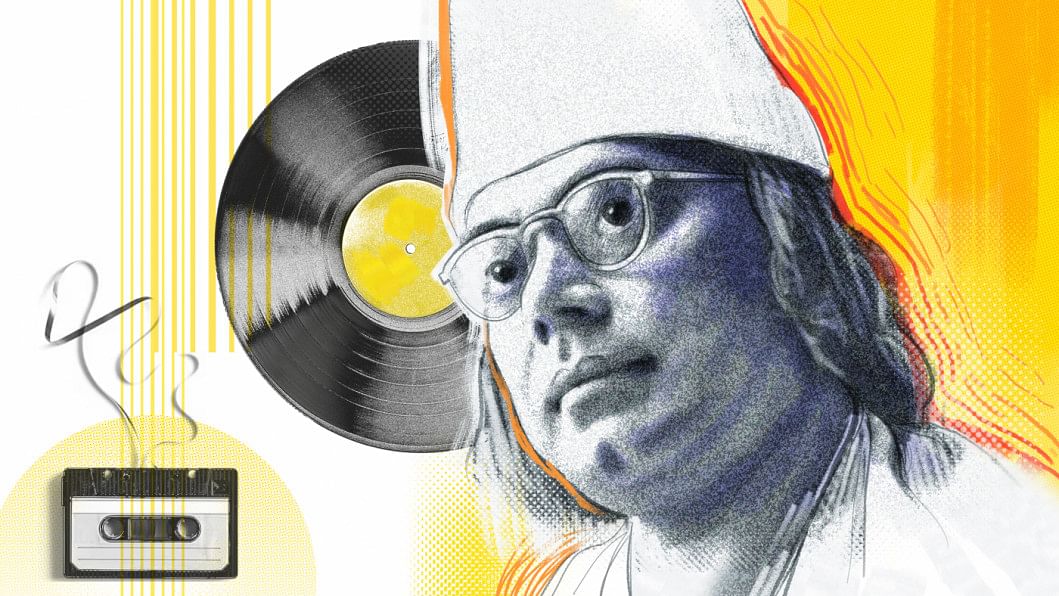
"Karar oi louho kopat" was published in Kazi Nazrul Islam's book Bhangar Gaan in 1924, and the tune of it was set and recorded much later by Girin Chakraborty, in the year 1939. Controversies regarding this song and its use in the recent Bollywood film Pippa have already caused a grand furore in the subcontinent. However, Nazrul sangeet artists and lovers of Nazrul (including researchers and administrative workers) know that controversies surrounding the original tunes of the rebel poet's verses have existed for a long time.
As early as in 1968, when I used to perform on TV as a child artiste, I had learned an Islamic song from one of the trainers of erstwhile PTV. It was "Shaharate phutlo re rongin gule." When I merrily practised this song at home, my father (the eldest son of legendary singer Abbasuddin Ahmed) became angry and scolded me for singing it in the wrong tune. I remember being in tears. My father then played me some of my grandfather's songs from the 33 rpm LP and told me to listen and adopt the correct tune. He added that even if others sang a different tune, I should follow my grandfather's tune and never digress from it.
When Kazi Nazrul Islam became well-known for his Bidrohi poem, no one knew that he would later emerge as a successful composer and powerful lyricist. In 1925, he was at the wedding of a Hindu friend. The host was reluctant to serve food to him, a Muslim guest. This irked Nazrul; he got up from his seat and went next door. He came back after some time and read out a poem to his friends and the host. It was titled "Jaater naame bojjati shob" and mainly pointed out how, in the name of caste and creed, people were just playing a poker game. This powerful poem was later put to tune and recorded by Harendranath Dutta.
With the passage of time, Nazrul was being forgotten in West Bengal. In the 1960s, artist Feroza Begum took an active interest in his work and recorded some of his songs. Similarly, artist Manabendra Mukhopadhay can be heavily credited with keeping Nazrul's popularity going by recording several of his songs during the 1970s. That is when the controversies began.
Kazi Nazrul Islam's life as a lyricist, tuner, composer flourished from 1926 to 1942, after which he became ill and stopped producing. With the passage of time, Nazrul was being forgotten in West Bengal. In the 1960s, artist Feroza Begum took an active interest in his work and recorded some of his songs. Similarly, artist Manabendra Mukhopadhay can be heavily credited with keeping Nazrul's popularity going by recording several of his songs during the 1970s. That is when the controversies began. Some of the tunes did not match those that were remembered by people who had heard the songs before. For example, the song "Musafir mochh re ankhi jol" was recorded with a different tune. Soon enough, this matter was being discussed more openly by the stalwarts of Nazrul. "Paaye je bidhechhe kata" and "Anmone jol nite" by Manabendra Mukhopadhay, "Jonom jonom gelo" by Sandhya Mukhopadhay, and "Rohi rohi keno shei mukho" by Manna Dey all had different tunes when they had been recorded in the late 1930s. However, the role of the contemporary artists in popularising the songs is recognised as crucial.
Nazrul Academy was founded by poet Talim Hossain, and it embarked on a journey of preserving the original tunes of Kazi Nazrul Islam. Guru Sudhin Das started the first set of notations and published them. He went door to door, sometimes to various parts of Bangladesh, in search of original records and had them published with staff notations.
In Bangladesh, Nazrul Institute was founded in the late 1980s. Under the able leadership of National Professor Rafiqul Islam, and extensive work by Guru Sudhin Das and Nazrul exponent Sohrab Hossain, more than 3,000 songs were published in various volumes with lyrics and notations. Thus, we came to have a reference to turn to for the tunes of Nazrul's verses. This leaves no room for any controversy to occur.
On October 30, 2023, eminent artist Khairul Anam Shakil, chair of Nazrul Institute's trustee board, announced the inauguration of a website currently featuring 800 of these songs. In the future, those who wish to learn the original tunes of Nazrul Islam's songs will no longer encounter any difficulties in doing so. As Nazrul had predicted this a long time back by writing "Bishwatare hater muthoy dhori," we carry the world with us on our mobile phones, so the website and the original songs are only a click away.
Dr Nashid Kamal is an academic, Nazrul exponent, and translator.
Views expressed in this article are the author's own.
Follow The Daily Star Opinion on Facebook for the latest opinions, commentaries and analyses by experts and professionals. To contribute your article or letter to The Daily Star Opinion, see our guidelines for submission.

 For all latest news, follow The Daily Star's Google News channel.
For all latest news, follow The Daily Star's Google News channel. 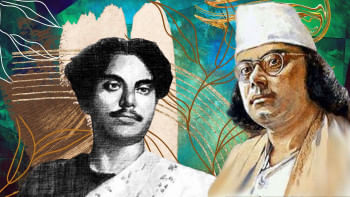
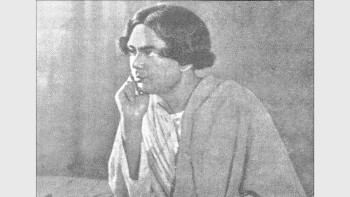





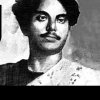
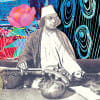


Comments